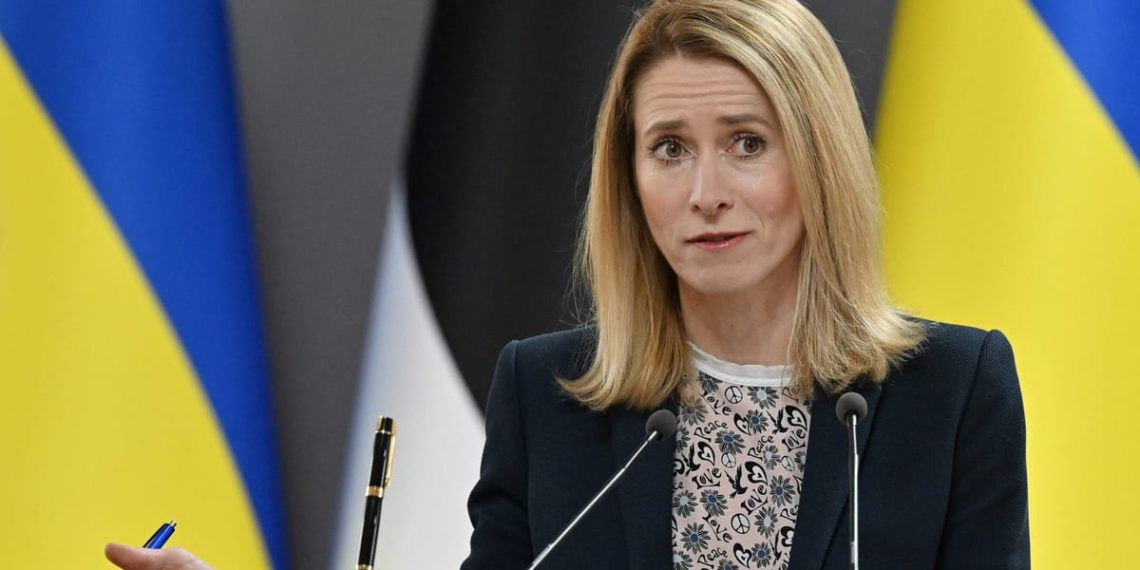Russian authorities have initiated legal proceedings against Estonian Prime Minister Kaja Kallas, accusing her, along with Estonian Secretary of State Taimar Peterkop and Lithuanian Culture Minister Simonas Kairys, of damaging or destroying Soviet monuments honoring Soviet soldiers, as reported by Russia’s state-run Tass news.
The charges, branded as politically motivated by Kallas, were confirmed by Kremlin spokesman Dmitry Peskov, although the timing of the alleged offense was not specified. Subsequently, public officials from all three Baltic states were added to the wanted list.
This action follows Kallas’s decision, shortly after Russia’s invasion of Ukraine nearly two years ago, to remove all Soviet monuments from public spaces in Estonia.
While Kallas is believed to be the first head of state included on the Russian Interior Ministry’s wanted list since the invasion, the move is seen as more symbolic than practical.
Responding on social media, Kallas stated that the charges were not surprising and emphasized her steadfast support for Ukraine in its conflict with Russia. She highlighted Russia’s historical use of law enforcement to veil repressions and declared her determination to continue advocating for Ukraine despite the Kremlin’s attempt to silence her.
In response to Russia’s actions, Latvia and Lithuania summoned their Russian ambassadors, condemning the move as politically driven. Estonia also summoned Russia’s chargés d’affaires.
The tensions between Russia and the Baltic states, exacerbated by Putin’s invasion of Ukraine, have raised concerns in Estonia about a potential conflict.

The Estonian Foreign Intelligence Service’s report suggested that Russia might increase troop numbers along its borders with the Baltic countries and Finland, with anticipation of a conflict with NATO within the next decade.
Estonia, a former Soviet state and NATO member since 2004, has been vocal about European defense spending and support for Ukraine. Estonian Foreign Minister Margus Tsahkna emphasized the importance of resisting aggression and authoritarianism in the face of escalating tensions.





